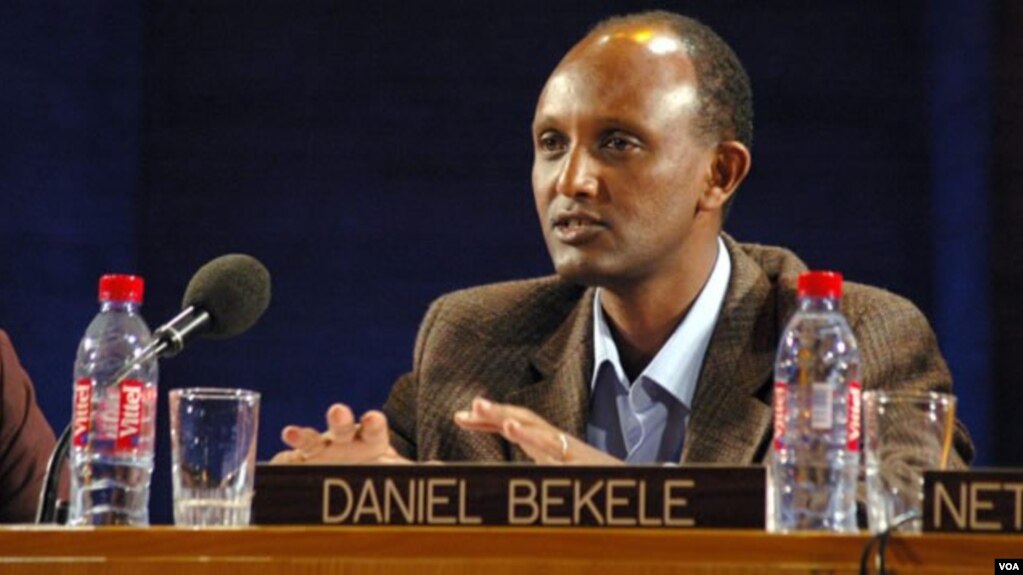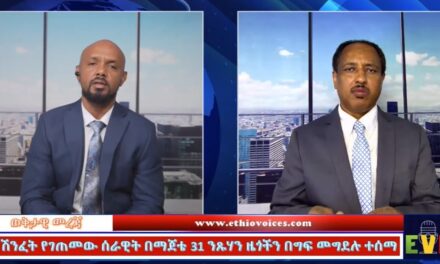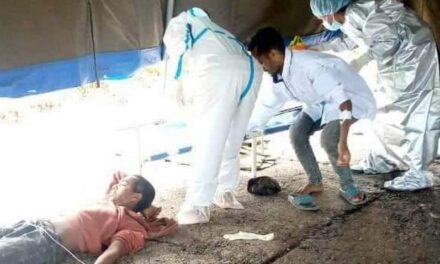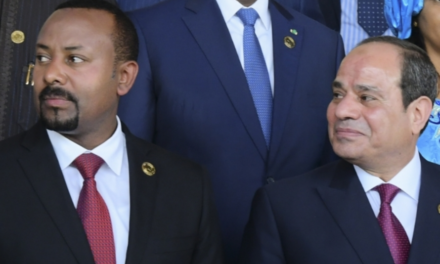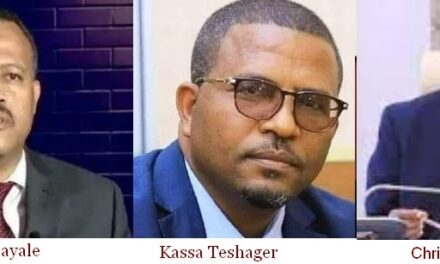By Abebe Gellaw
The Ethiopian Human Rights Commission (EHRC) issued a statement today calling for an immediate end to mass detentions and extrajudicial killings targeting Amhara civilians amid the intensifying conflict in the Amhara Region.
EHRC, which is led by prominent human rights lawyer Dr. Daniel Bekele, has sounded the alarm over the escalating human rights crisis in the Amhara Region, issuing an urgent plea to halt the mass detentions and extrajudicial killings disproportionately affecting Amhara civilians.
Since the eruption of widespread armed conflict in August 2023, the EHRC has closely monitored the situation, emphasizing the devastating impact on human rights, particularly for Amhara citizens. In its August 14, 2023 statement, EHRC urgently called for a peaceful resolution to the conflict and immediate measures to protect the vulnerable civilian population.
“The actual and potential impact of the conflict and measures taken by state security forces on the human rights situation, particularly on civilians, are deeply concerning,” EHRC stated.
EHRC’s latest findings reveal a disturbing pattern of mass detentions and extrajudicial killings targeting Amhara civilians in the region. Civilians have borne the brunt of the conflict, facing attacks, arbitrary arrests, and even death at the hands of state security forces.
Residents, victims, and eyewitnesses have reported that the conflict has spread to various areas within the Amhara Region, placing civilians at significant risk. “Areas affected between August 25 and September 5, 2023, for example, include Debre Markos in East Gojjam Zone, Adet and Merawi in North Gojam Zone; Debre Tabor in Southern Gondar Zone; Delgi in Central Gondar Zone; Majetie, Shewa Robit and Antsokiya towns in Northern Shoa Zone and the surrounding rural towns/kebeles,” the Commision noted.
Of grave concern to EHRC are the widespread extrajudicial killings perpetrated by state security forces during the conflict. EHRC has documented a troubling surge in extrajudicial killings between July 31 and September 9, 2023, particularly in towns like Adet, Debre Markos, Debre Tabor, Jiga, Lemi, Majetie, Merawi, Merto Lemariam, and Shewa Robit.
“Among victims of extrajudicial killings are persons arrested in house-to-house searches, unarmed civilians found on the streets during the conflict, persons suspected of hiding weapons, some civilians found outside past curfew hour, and detained combatants/members of the armed group (commonly known as Fano),” the EHRC said. EHRC is urgently calling for a thorough investigation into these disturbing incidents.
EHRC has raised concerns about arbitrary detentions by state security forces, particularly in the context of the State of Emergency, not only in the Amhara Region but also in Addis Ababa and the Oromia Region. “Such detentions took place, for instance, in Bahir Dar, Debre Tabor, Debre Markos, Finote Selam, Gondar, Kobo, Lalibela, Mekaneselam, and Shewa Robit towns of the Amhara Region; in Sheger city of the Oromia Region; and in Addis Ababa,” the EHRC reported.
EHRC has also expressed deep concern about the treatment of homeless individuals in detention facilities, particularly in the Oromia Region’s Sheger City, Gelan Sub-City, known as Sida Awash Woreda. “EHRC was able to verify that 29 detainees were released upon verification of their identity while others were taken back to their homes and put into rehabilitation programs,” the Commission confirmed.
In its call for action, EHRC emphasizes the need to put an immediate end to hostilities and work toward a peaceful resolution to the conflict. “Supporting the armed group’ and/or ‘suspected of hiding weapons’ are the main reasons the security authorities give for these arrests,” it stated.
EHRC has called on all parties involved to cease targeting civilians or public infrastructure, thoroughly investigate civilian killings, particularly extrajudicial killings and arbitrary detentions, hold those responsible accountable, ensure access to justice for detainees, and implement State of Emergency measures, including detentions and curfews, in line with the fundamental principles of necessity, proportionality, non-discrimination, and legality.

